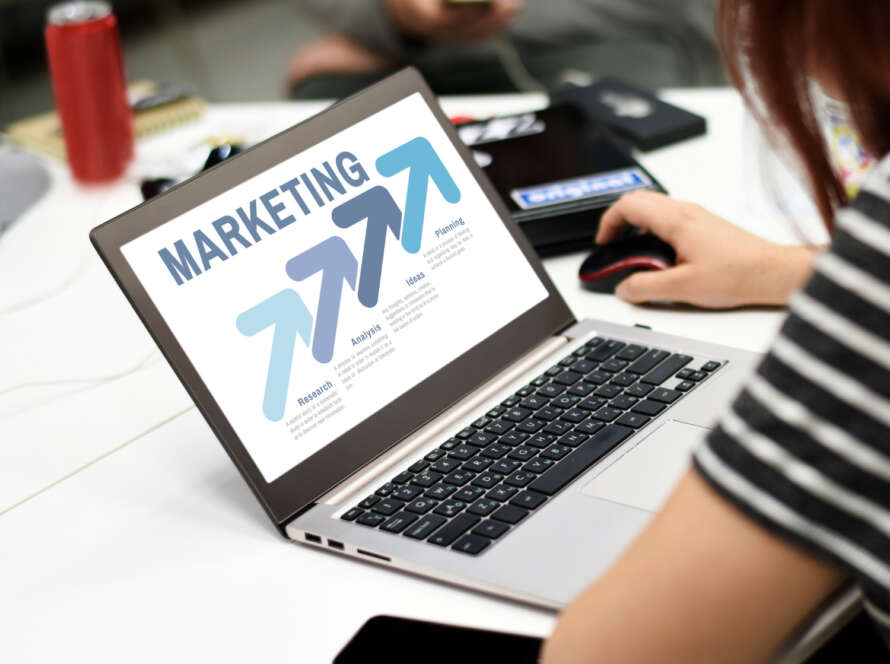Marketing automation is the process of using software tools to automate repetitive marketing tasks. This can include sending emails, posting to social media, and tracking customer interactions. By automating these processes, we can save time, reduce human error, and focus on more strategic activities. In 2024, leveraging advanced tools and technologies for marketing automation has become more important than ever.
Understanding the components of marketing automation is the first step. These components include customer relationship management (CRM), analytics, and content management systems (CMS), among others. Each of these elements plays a vital role in ensuring that our marketing efforts are coordinated, efficient, and effective.
Once we have a grasp of the essential components, the next step is to explore the top tools available for marketing automation. From platforms that help manage campaigns across multiple channels to AI-powered tools that provide deeper insights, a range of solutions can enhance our marketing strategies. Understanding and implementing these tools can help us achieve better results, streamline our workflows, and ultimately drive more engagement and conversions.
Understanding Marketing Automation: Key Components
Marketing automation involves using software to automate repetitive marketing tasks, allowing us to manage multiple channels more efficiently. Key components of marketing automation include email marketing, lead management, social media integration, and analytics. These components work together to streamline our marketing efforts and ensure that our messages reach the right audience at the right time.
Email marketing automation allows us to send personalised messages to large groups based on specific triggers or actions taken by recipients. For example, we can set up automated welcome emails for new subscribers or follow-up emails for customers who abandoned their shopping carts. Lead management involves tracking and nurturing potential customers through the sales funnel, ensuring that they receive relevant content at each stage of their journey. Integrating social media ensures our automated campaigns reach a broader audience, while analytics provide insights into campaign performance, helping us make informed decisions and optimisations.
Top Tools for Marketing Automation
Several tools can help us implement marketing automation effectively. Each tool offers unique features that cater to different aspects of our marketing needs. Here are some top tools to consider:
1. HubSpot: This all-in-one platform covers email marketing, social media management, lead nurturing, and analytics. It’s user-friendly and offers comprehensive integration capabilities.
2. Mailchimp: Known primarily for email marketing, Mailchimp also supports automation workflows, audience segmentation, and detailed analytics. It’s a great tool for smaller businesses looking to scale their marketing efforts.
3. Marketo: A robust tool that specialises in lead management and account-based marketing. It offers detailed tracking and reporting features, making it ideal for larger organisations with complex needs.
4. ActiveCampaign: This tool focuses on email marketing and CRM integration. It provides powerful automation features, such as conditional workflows and advanced segmentation.
5. Pardot: Specifically designed for B2B companies, Pardot offers lead management, email marketing, and ROI reporting. It integrates seamlessly with Salesforce, enhancing its capabilities.
Choosing the right tool depends on our specific needs and business size. It’s essential to evaluate the features and capabilities of each tool to ensure it aligns with our marketing goals and strategy.
Integrating AI with Marketing Automation
Integrating AI with marketing automation enhances our ability to personalise and optimise campaigns. AI-powered tools provide deeper insights and predictions, allowing us to anticipate customer behaviour and trends. For instance, AI can predict which products a customer is likely to be interested in based on their past behaviour. This allows us to send highly targeted recommendations and offers.
Additionally, AI can automate more complex tasks, such as dynamic content creation and advanced customer segmentation. By analysing vast amounts of data in real time, AI helps us identify patterns that inform our marketing strategies. Chatbots, another AI application, can handle customer enquiries instantly, improving engagement and providing valuable data for our marketing efforts. Incorporating AI into our marketing automation processes maximises efficiency and boosts the effectiveness of our campaigns.
Best Practices for Implementing Marketing Automation
Successful marketing automation requires strategic planning and continuous optimisation. First, we should clearly define our goals and objectives. Understanding what we hope to achieve—whether it’s increasing lead generation, boosting sales, or enhancing customer engagement—guides the implementation process.
Segmentation is crucial for tailoring our messages. Grouping our audience based on specific criteria such as demographics, behaviour, or purchase history ensures that our content is relevant and engaging. Next, we should plan automated workflows that align with our customer journey. For example, setting up automated email sequences that nurture leads through different stages of the sales funnel.
Regularly monitoring and analysing the performance of our automated campaigns helps us identify areas for improvement. A/B testing different elements like subject lines, call-to-actions, and content types allows us to optimise our strategies for better results. Additionally, integrating feedback loops where we gather customer responses and adjust our tactics accordingly ensures that our marketing efforts remain relevant and effective.
Conclusion
Marketing automation, when done right, can transform the way we engage with our audience. By understanding the key components and top tools, integrating AI, and following best practices, we can streamline our marketing efforts and achieve our goals more efficiently. The power of automation lies in its ability to deliver personalised experiences at scale, ensuring that each customer interaction feels relevant and tailored.
Implementing the right strategies and continuously optimising based on data and feedback helps us stay ahead. Marketing automation frees up time for creative planning and strategic thinking, allowing us to focus on providing value to our audience.
Ready to elevate your marketing efforts with cutting-edge automation strategies? Contact Not Just Marketing today to see how we can help you leverage AI-driven solution marketing automation for unparalleled results.



